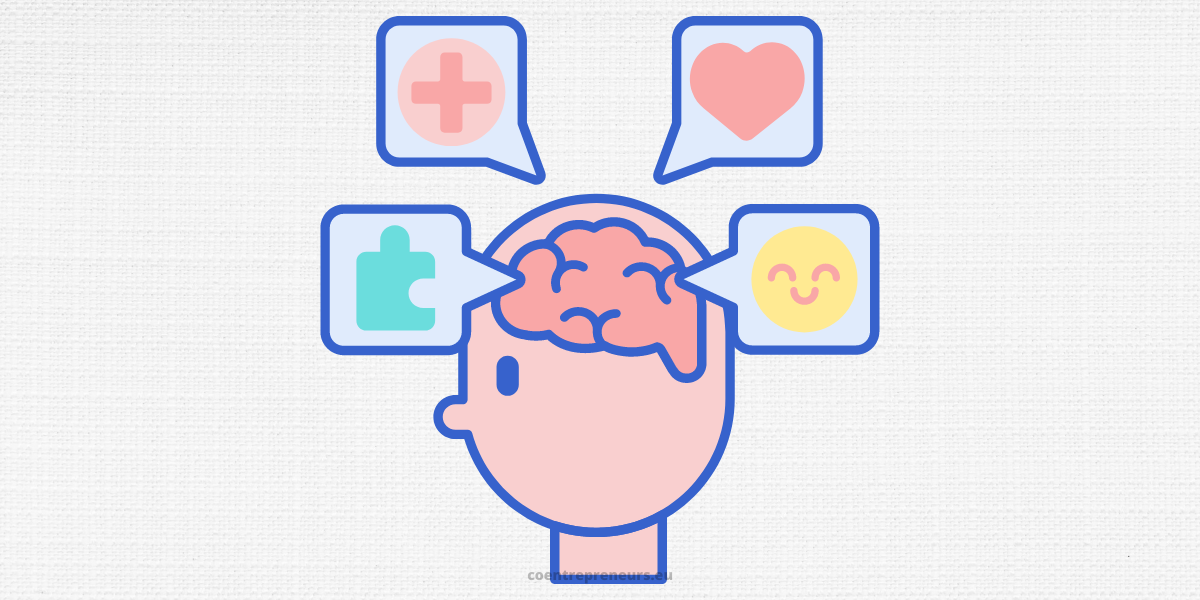
The psychology of our brains affects everything we do each day and much more than you imagine. The way we spend money is an important factor that is influenced by the way we think, and understanding why this happens puts you one step over the rest.
Advertising
The reason we spend money on specific items doesn’t begin in the shop where you purchase these products. It begins with advertisements. Advertisers don’t offer you a pair of shoes and then say, “Hey, I want to purchase these awesome shoes,” are they? But they also surround that “cool” child in the new pair of shoes with children who are jealous. This influences how we shop and what we purchase. Our brain connects items like the scenario I described to the shoes automatically, without having to do anything.
Advertising campaigns offer a picture of the product, which most of the time isn’t the case. They claim that when you purchase these products for cleaning, the home will be spotless and spotless. If you purchase this car, you’ll be considered superior to other people. Much of the items we purchase come from marketing techniques.
Now vs. Later
If you had the option to purchase a brand-new automobile or to place the cash in an account in your savings for ten years to save, which option would you prefer? The majority of people are focused on getting the most value out of their time but eventually look back and regret the decision the next day. This is a significant aspect of impulse purchases as well.
To help you save money that you may spend on impulse purchases or you could have saved, you can carry around a debit card. If you have a card that is debit, you are only able to spend the amount that you have in a specific account, thus limiting your spending. If you monitor all of your financial transactions and put a certain amount of money into that account every pay period and you are able to rest with the security of knowing that you are able to spend the funds in the account.
Location of Items
An impulse purchase is a huge problem for a large number of people. It’s not a coincidence that gum pop, food items, and similar items are all available right at the point you are looking. These products are great for buying on impulse, and many get caught in the trap.
Another factor that triggers impulse purchases is spotting something that you didn’t anticipate seeing and buying it. Many people are enticed by it and end up purchasing something on impulse. Some people see a sale and believe they must purchase it since it’s cheaper than what they normally pay. These are simple psychological tactics that advertisers and retailers have developed. They look at how people behave and the reasons why they behave in a certain way. They can then use this information to entice customers.
Emotion
Emotion plays a significant influence on how you purchase as well as the reason you decide to purchase. Suppose someone is trying to sell you something, attempt to connect to you emotionally and with a motive. If you are emotionally attached to someone else, you will trust them more. If you are more trusting of them than you do, you’re more likely to spend your money with them. People also love to shop to fill a gap or to boost their mood. It’s always exciting to buy something new and exciting that you’ve always wanted, isn’t it? Don’t shop when you’re unhappy or sad, as your mind will associate specific items with happiness. You’ll convince yourself that if you bought an item you liked, you’d be happier, but ultimately, you regret that decision.
Another thing that people are able to connect with their thoughts is love and money. If you give your partner an engagement ring that costs $350 rather than a $75 bracelet, you believe the purchase will have a huge impact on her feelings when she is done. But the truth is that money won’t be able to make people love you and won’t improve your financial situation, either. Don’t try to appear wealthy, and don’t even try to purchase love.
Look at the things you’re spending money on, and you’ll be able to determine the reason you’re spending money. If you are impulsive and you are unable to resist, consider ways you can limit your impulse purchases and never purchase impulsively regardless of whether you’d like to. When you have figured out the reason you’re investing money in things that you’ll regret later, you’re just one step away from stopping the waste of money altogether.
